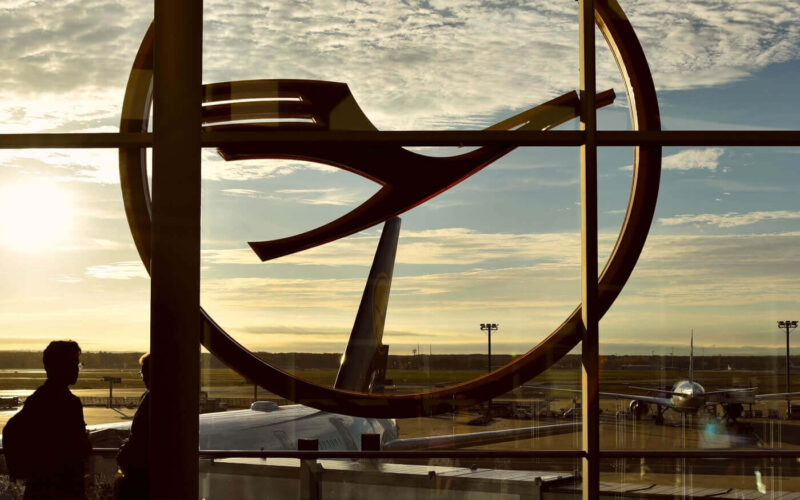Amidst the coronavirus pandemic, Lufthansa Group held its annual general shareholder’s meeting on May 5, 2020. The chief executive of the group Carsten Spohr provided an update on the current situation of the group, including its post-corona future.
Spohr indicated that currently, Lufthansa Group flies 99% fewer passengers than compared to its previous year’s result and about 700 aircraft from its 760-strong fleet is parked throughout Europe. So far, the airline has converted several Airbus A330 aircraft for freight operations to cater to the increasing demand for cargo.
The newly-converted A330s were dubbed Preighters, a “combination of passenger aircraft and a freighter,” noted Spohr.
But the situation is not all sunshine and rainbows at the group, as it practically has no earnings, while various costs, including staff and fuel hedging, continue – the company is losing about $1 million (€1 million) of its reserves per hour.
“We have had to make bitter decisions in order to reduce the loss of our cash in hand,” with one of the decisions being that over 80,000 staff are on reduced working hours. The group is also negotiating with several parties to reduce expenses, including aircraft manufacturers, airports and air traffic control.
Short-term future and intense negotiations
In the short-term, Lufthansa (LHAB) (LHA) predicts that demand around the globe will only bounce back in 2023, which means that the group is planning to restart its operations in June as a much smaller airline. Older, much less efficient aircraft will be phased out, including the Airbus A380, Airbus A340 and the Boeing 747.
In total, the post-crisis Lufthansa (LHAB) (LHA) will have around 100 aircraft and 10,000 fewer employees.
Nevertheless, to ensure that Lufthansa (LHAB) (LHA) actually reaches its post-crisis stage, the airline group is “in intensive talks with the [German – ed. note] Federal Government and KFW,” a state-owned bank. While the Swiss government has granted Swiss International Air Lines a state-guaranteed loan, Lufthansa (LHAB) (LHA) expects the Austrian and Belgian governments to follow suit and help Austrian Airlines and Brussels Airlines, respectively.
The move to obtain government aid, however, was criticized by fellow competitors, namely Ryanair’s Michael O’Leary. The low-cost carrier’s chief executive called the German airline group a “crack cocaine junkie” questioning what they need the extra funds for. O’Leary speculated that Lufthansa (LHAB) (LHA) plans to “go around and buy everybody” in a post-corona aviation world.
“Our focus is on stabilizing Lufthansa (LHAB) (LHA) in its current form and not on acquiring other airlines. We are not planning a takeover at this time,” commented Spohr.
But the negotiations have stalled. Once again, Spohr reiterated that he did not want governments to meddle in Lufthansa’s (LHAB) (LHA) operations and that Lufthansa (LHAB) (LHA) needed to stay together as a group in order to compete on a global scale.
“We were hit by this crisis through no fault of our own. We therefore now need government support, but we do not need government management. And may I say in addition: Even in the federal government in Berlin, nobody wants a state-controlled management.”

